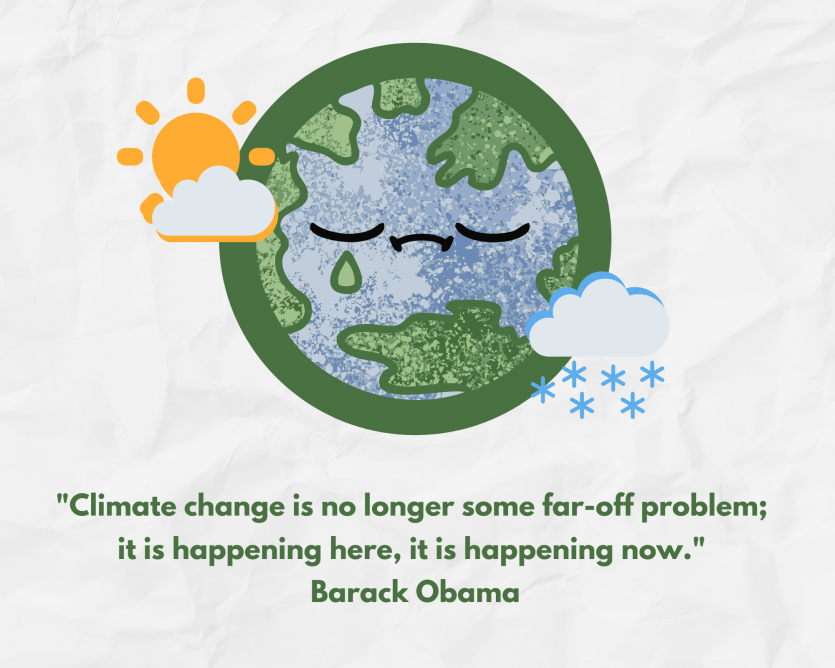Climate Change in Korea
페이지 정보

본문
In the duration of my stay here in Korea, I have experienced some unusual and extreme weather events which validate the country’s ongoing climate crisis. One of which was the torrential rains in the summer of 2020. According to the news, it rained for 42 straight days, and this was said to be the country’s longest monsoon in the last 7 years. Given that, different parts of Korea struggled with heavy floods and landslides in the middle of a pandemic. A lot of homes and infrastructures were submerged and damaged. In Seoul, the downpours caused the water level of the Han River to rise. With floods in surrounding areas of the river, closure of highways and riverside roads were imposed. Farmlands were affected as well, so prices of vegetables noticeably increased at that time. Not only that, but the heavy rains also caused the death of at least 30 people.
Another indication to the climate change would be the extreme temperatures. The number of heat wave days have increased in the last few years. Heat wave alerts are disseminated when temperatures are high, usually when temperatures exceed 33 C for consecutive days. On the other hand, this October 2021, Korea felt the cold weather very early as we experienced the lowest temperatures in October in the last 67 years. The temperatures continue to dip and just a few days ago, November 10, the first snowfall of the season came one month earlier than last year. It really does seem that summers are becoming hotter, and winters are becoming colder and longer.
This makes me wonder what Korea is currently doing to help relieve the climate crisis. Just like many developed nations, Korea remains to be one of the top contributors to greenhouse gas emissions. Economic growth and further industrialization have caused the rise of gas emissions and clearly, the effects are felt. Recently, the Korean government announced it goal to cut carbon emission levels by 40% by 2030. This is a challenging feat, and a hefty budget is planned to be allotted to achieve this goal. Part of the plan is to make available 4.50 million electric and hydrogen-powered vehicles by 2025.
What else do you think should the government and the people do to help fight climate change?
Until next time!
Dana
관련링크
- PrevWe are not canceled. We are on hold. 21.11.13
- NextCOVID-19 in Korea 21.11.09
댓글목록
There are no registered comments.

